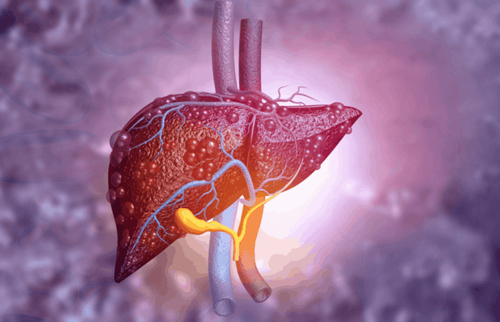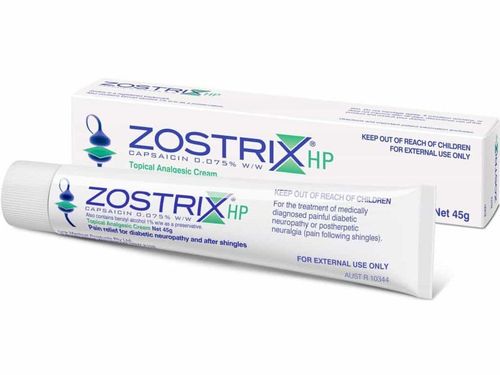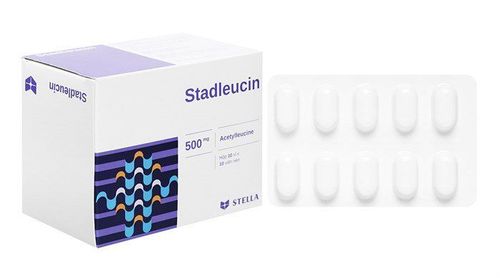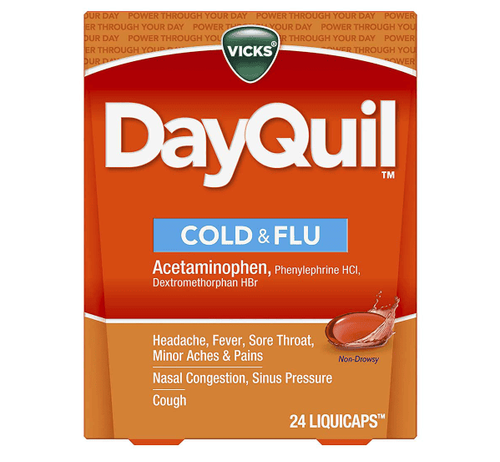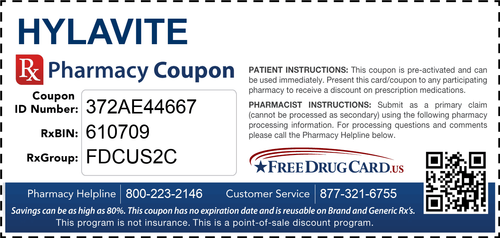This is an automatically translated article.
Effalgin is a basic and commonly used drug that is used to treat mild to moderate pain and fever. This drug is widely used for adults and children, pregnant women. The following article gives us a detailed understanding of this medicinal product.
1. What is Effalgin?
Effalgin is the most widely used drug. It is used to treat fever. It also helps to relieve headache, toothache, backache, neuralgia, musculoskeletal pain, etc., associated with no fever.
Effalgin works by reducing the intensity of pain signals to the brain. It also blocks the release of prostaglandins, chemicals that cause pain and increase body temperature. Effalgin is safe when used in recommended doses.
Ingredients of the drug: Paracetamol 500mg
Dosage form: Effervescent tablets
2. Uses of Effalgin
Fever is a temporary increase in body temperature, usually a response to an infection. A fever is not a concern unless your body temperature is very high or if it lasts longer. Effalgin is a medication commonly used to reduce fever.
Relief of mild and moderate pain: Effalgin is used to treat mild to moderate pain, including headache, toothache, backache, muscle pain, joint pain, etc. accompanied by no fever.
After vaccination: Effalgin is useful in treating fever, painful swelling at the injection site, and body aches that may occur after vaccination.
3. When not to use Effalgin?
3.1. Allergies Avoid taking this medicine if you are allergic to it. Seek immediate medical attention if you notice any symptoms such as skin rash, swelling and itching (especially on face, lips, throat, etc.), dizziness, trouble breathing, etc. after taking this medicine.
3.2. Kidney damage Pain relief Kidney disease is a condition that causes kidney damage caused by long-term use of pain relievers. Its use is not recommended if you have kidney problems associated with excessive use of pain relievers.
3.3. Severe hepatic impairment Effalgin is converted to the active form in the liver. This medicine is not recommended if you have severe liver problems as it may cause further damage to your liver.
4. Dosage and usage
4.1. Adult Dosage For adults and children weighing more than 50kg (from about 15 years of age), the maximum recommended daily dose is 3000mg of paracetamol per day, which is 6 tablets per day.
The usual dose is 1 500mg tablet, to be repeated if necessary after a minimum of 4 hours, not to exceed 6 tablets per day.
In case of more severe pain or fever, 2 500mg tablets can be repeated, if needed after a minimum of 4 hours, not more than 6 tablets per day.
4.2. Dosage for children The dose of paracetamol depends on the weight of the child; Ages are given for informational purposes only. If you do not know the weight of the child, you should weigh the child to give the most appropriate dose.
Paracetamol comes in a variety of dosages, allowing treatment to be tailored to the individual child's weight. The recommended daily dose of paracetamol is about 60 mg/kg/day in 4 or 6 divided doses, i.e. about 15 mg/kg every 6 hours or 10 mg/kg every 4 hours.
5. Drug interactions
5.1. Interactions with alcohol Do not drink alcohol during treatment with this medicine because it can cause liver damage. Consult your doctor immediately if you experience any signs and symptoms of liver damage such as fever, rash, nausea, vomiting, fatigue, dark urine, jaundice, etc.
5.2. Drug Interactions Carbamazepine Leflunomide Phenytoin Disease Interactions 5.3. Drug Interactions with Liver Disease The drug should be used with caution if you have liver problems as it may further increase your risk of liver damage. Inform your doctor before starting treatment with this medicine. Your liver functions may be closely monitored by your doctor. Your doctor may recommend an appropriate dosage adjustment based on your clinical condition.
6. Side effects of drugs
Like all medicines, Effalgin effervescent tablets have the potential for side effects, although not everyone is susceptible. In rare cases, an allergic reaction may occur. You can tell the signs of an allergy by:
Rash and redness of the skin Sudden swelling of the face or neck Sudden discomfort due to low blood pressure. If an allergic reaction occurs, stop treatment immediately and tell your doctor. After that, never take any medicine containing paracetamol again. In rare cases, this medicine may decrease the number of blood cells. This can lead to nose and gum bleeding. In this case, consult your doctor.
If you notice any side effects not listed in this leaflet, or if any of them become serious, please tell your doctor or pharmacist.
7. Some notes when taking medicine
Tell your doctor before taking this medicine if any of the following conditions apply to you:
If you weigh less than 50 kg. If you have severe liver or kidney disease, or if you are a chronic drinker. If you are taking other medicines containing paracetamol. Do not continue treatment without your doctor's advice if any of the following apply to you: If pain persists for more than 5 days or fever for more than 3 days. If the medicine doesn't seem to be working well enough. If any other health problems occur. Vinmec International General Hospital is one of the hospitals that not only ensures professional quality with a team of leading doctors, modern equipment and technology, but also stands out for its examination and consulting services. and comprehensive, professional medical treatment; civilized, polite, safe and sterile medical examination and treatment space.
Please dial HOTLINE for more information or register for an appointment HERE. Download MyVinmec app to make appointments faster and to manage your bookings easily.





